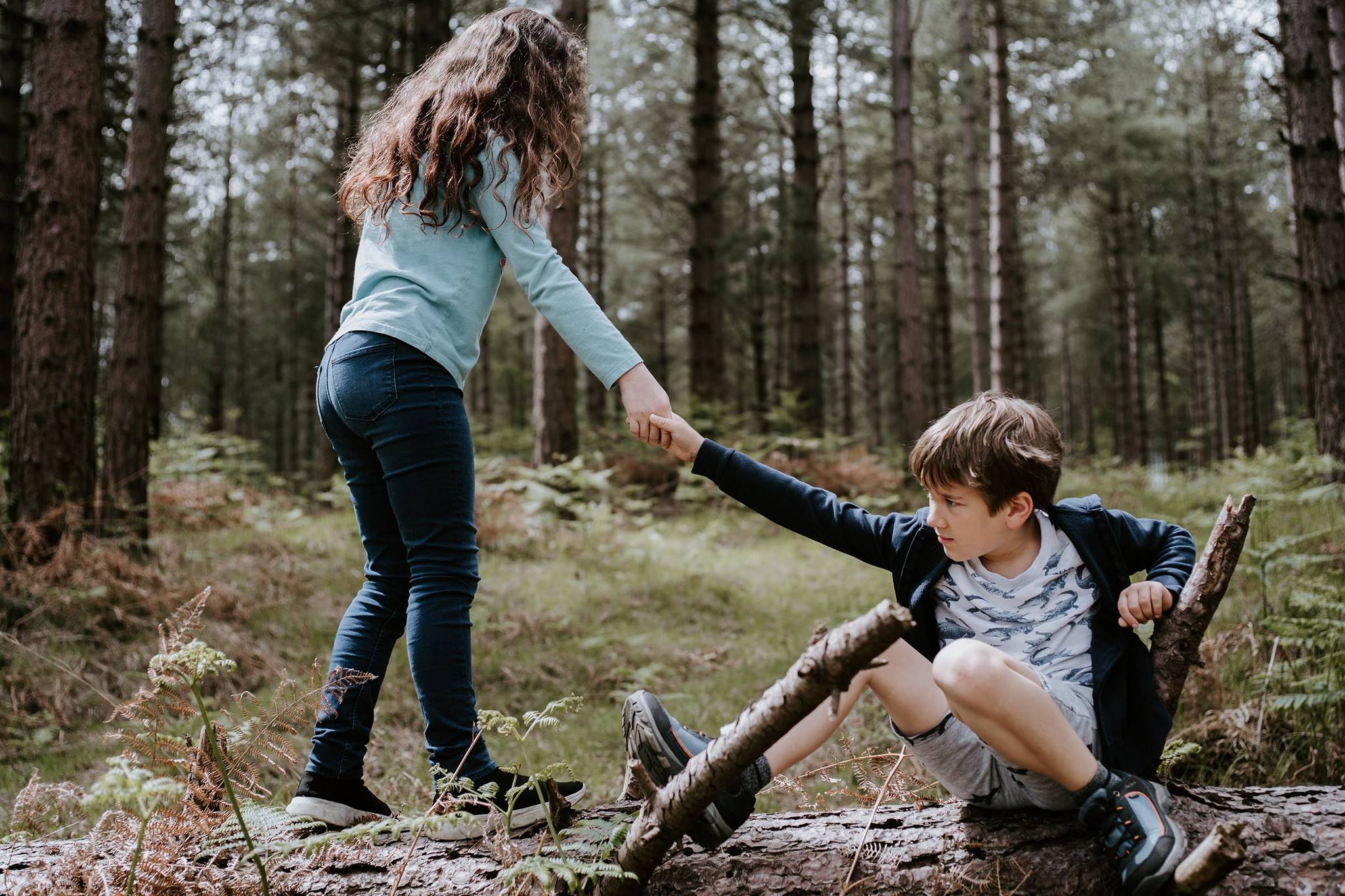‘I’ve learned that people will forget what you said, people will forget what you did, but people will never forget how you made them feel,” said Maya Angelou.
Recently, on my Facebook page, I wrote of an incident that happened to me in eigth grade. I won’t bore you with the details, but it involved an ugly duckling of a girl (me), a cruel prank, and was instigated by my social studies teacher, Mr. Philips. Out of all the many, many teachers I have had over my long education, his is the one name I remember because of the painful embarrassment he caused.
We live in an often unkind world where casual cruelty happens regularly throughout any given day.
Keyboard warriors on social media, instead of participating in civil discourse, immediately go for the ad hominem attack when they disagree with someone. “You are so ugly, you WISH someone would harass you” was a common retort at the start of the #MeToo movement.
People, many well-known or in positions of power, are speaking and behaving in ways we would admonish children for. And dear reader, it’s only going to get worse as we near the fall elections. I suggest we all hit pause, take a deep breath, and reflect on how we want to be remembered by the people with whom we interact.
Viktor Frankl, a Holocaust survivor and renowned psychiatrist wrote, “Between stimulus and response there is a space. In that space is our power to choose our response. In our response lies our growth and our freedom.”
Do we choose to respond with kindness and compassion or do we choose to amp up the rhetoric, add to the negative discourse, or breed discontent. It has been stated that kindness does not cost anything. In a monetary sense that is true, but in an emotional sense kindness can cost a great amount of effort.
Many people confuse kindness with weakness, but some very heavy truths can be laid down in a kind way.
It can take an inordinate amount of strength to pause, to determine how to respond with kindness and compassion, or to determine to walk away when compassion cannot be found. In every interaction we have the choice to either connect or disconnect.
Kindness and compassion can be as simple as giving someone your full attention with warmth, patience,and empathy, acknowledging, though not necessarily validating, what they have to say.
The two most famous Talmudic disputants, Beit Hillel and Beit Shammai, argued about almost everything. Yet Jewish law follows Beit Hillel. Why? Because in the course of disagreement, Beit Hillel would always first summarize the opinion of Beit Shammai — “Is this what you’re trying to say?” — and only then state his own position.
This way, Beit Hillel demonstrated a concern not just with being right, but seeking the truth that lied somewhere in between.
Rabbi Zelig Pliskin suggested as an exercise to gauge your level of empathy, ask, “If someone is publicly maligned, do I enjoy it, or do I feel that person’s pain?”
In Man’s Search For Meaning Viktor Frankl wrote “Everything can be taken from a man but one thing: the last of human freedoms — to choose one’s attitude in any given set of circumstances, to choose one’s own way.”
Also while in eighth grade, I had the great good fortune of meeting Mr. Lamont. He was a hair stylist who adamantly and unwaveringly saw only the beauty in people. He took an ugly duckling of a girl (me) and by showing kindness and compassion made me feel like a person of value. Two people I remember, lo these many years, Mr. Philips and Mr. Lamont, because of how they made me feel.
How do you want to be remembered? Do you want to be remembered as the cause of emotional pain or as a kind, compassionate person? It is not always easy and we all can at times fall short in our interactions with others, but the choice is ours.
“What is the difference between kindness and compassion?
“Kindness gives to another.
“Compassion knows no ‘other,’” said Rabbi Menachem Mendel Schneerson.

